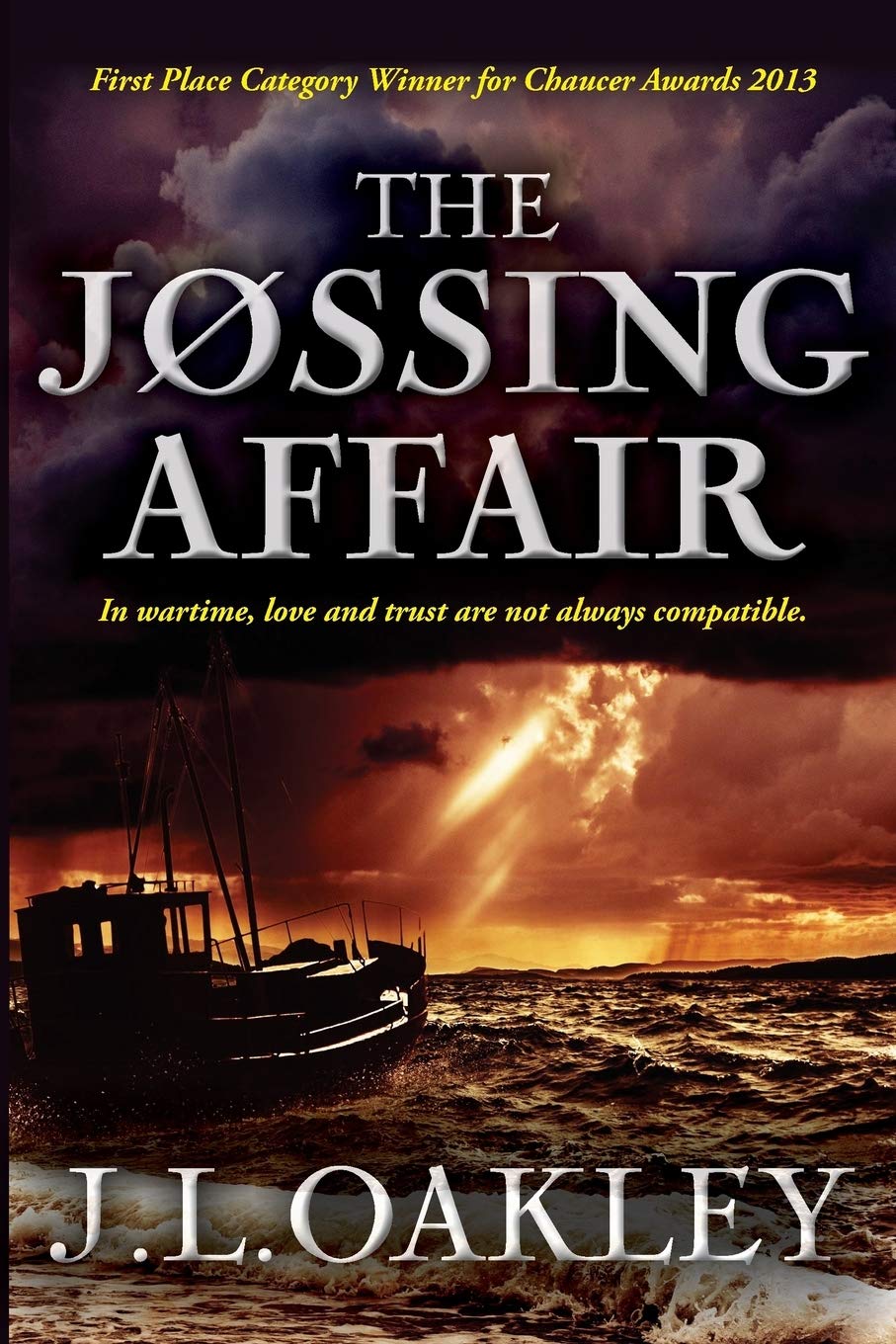|
Listen to or download this article:
|
 “Return now to those thrilling days of yesteryear,” may sound familiar. It’s the opening for the radio version of The Lone Ranger.
“Return now to those thrilling days of yesteryear,” may sound familiar. It’s the opening for the radio version of The Lone Ranger.
It’s also an appropriate introduction to The Nations by Ken Farmer and Buck Steinke and not just because the dialog will ring in the reader’s ear as very reminiscent of plenty of classic TV and movie Westerns. But also, because the hero of The Nations, Deputy U.S. Marshal Bass Reeves, may have been the inspiration for the Lone Ranger himself.
Reeves, born in slavery, was the first black Deputy U.S. Marshal west of the Mississippi. He was also one of the most successful Deputy Marshals of his own or any subsequent era, arresting over 3,000 felons during his long career, but was never wounded by any of the desperate criminals he brought to justice.
But this story, the first in a 10-book series – at least so far – fictionalizes Reeves’ exploits into something that will be savored by readers looking for the kind of story that Louis L’Amour, Zane Grey and Elmer Kelton used to write – and that William Johnstone still does.
This adventure pits Reeves and his partner, Deputy U.S. Marshal Jack McGann, against a gang of outlaws known as the Larson Brothers’ gang after its leaders Wesley and Ben Larson. The brothers typify different stereotypes of outlaws, with Wesley as the leader and voice of reason who is in it for the money, while his younger brother Ben is a killer because that seems to be how he gets his kicks.
The story begins with Wesley and the gang rescuing Ben from the clutches of the law after Ben gets himself captured – yet again – by being overconfident and disobeying his brother’s orders.
That escape begins a cat and mouse game between Reeves and McGann and the Larson gang, as Ben is captured again, his brother helps him escape, and the lawmen become even more determined to bring them in.
The Nations reads like a classic western tale of the school of Louis L’Amour and Zane Grey. The lawmen are always on the side of angels, and the outlaws are forever threatening the towns, laws, and lawmen. There’s no question about which side represents the “good guys.”
And there’s no question that compassionate, professional Reeves is the star of this story. What makes this story shine – is Reeves truly was as good a lawman as the story makes him out to be, a good tracker, an excellent marksman, good at disguises, kind but fair to those he captured – and always riding a white stallion. If any of the above sounds familiar, it’s all part of the reason that some believe Reeves was the inspiration for The Lone Ranger.
The Nations, and the entire series that follows it, will be loved by readers of those classic westerns and is recommended for that audience.
Simultaneously, there are welcome differences from the typical stories of those “thrilling days of yesteryear.” Bass Reeves is the hero of this otherwise classic western who hands out evenhanded treatment of all the characters despite the color of their skin.
Even the female characters are a bit more well-rounded than is usual for the genre, again on both sides of the law. But this story still centers on the male characters – who spend more time with their horses than they do with the women in their lives.
This story’s grounding is in real history, not just in the characters of Reeves and McGann, but also in the background character of “Hanging Judge” Isaac Parker, who sent the Marshals out to retrieve criminals to be tried and frequently executed. That portrait of life in the American West in its heyday will appeal to readers who are fascinated with that period – and they are legion.
The Nations won First Place in the CIBA 2014 Laramie Awards for American Western Fiction.












Leave A Comment